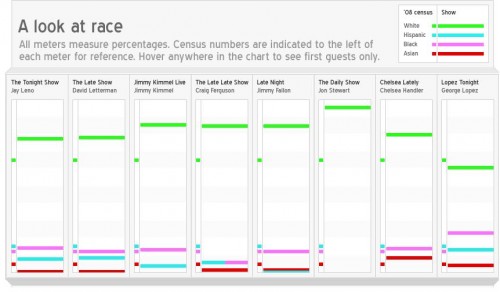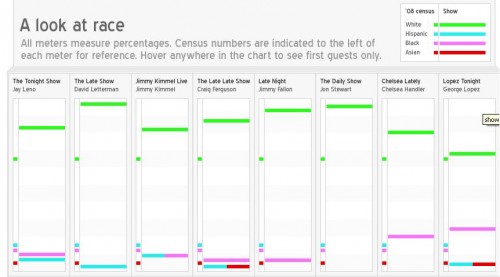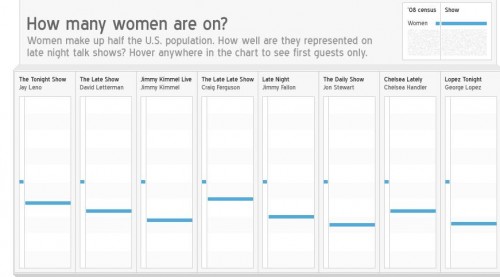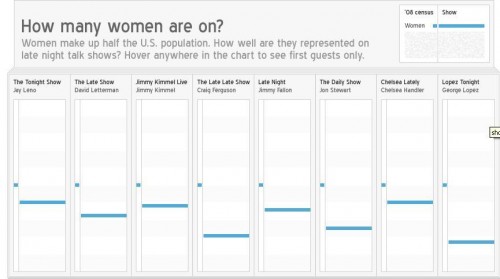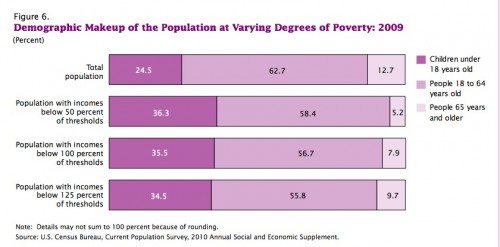Enjoy Jennifer Lee, professor of sociology at UC Irvine, discussing how the American concept of race has been changing as we’re confronted with a more complex racial landscape. Are we forcing all racial groups into the pre-existing black/white binary? A white/non-white binary? A black/non-black binary? Or something else?
Lisa Wade, PhD is an Associate Professor at Tulane University. She is the author of American Hookup, a book about college sexual culture; a textbook about gender; and a forthcoming introductory text: Terrible Magnificent Sociology. You can follow her on Twitter and Instagram.











